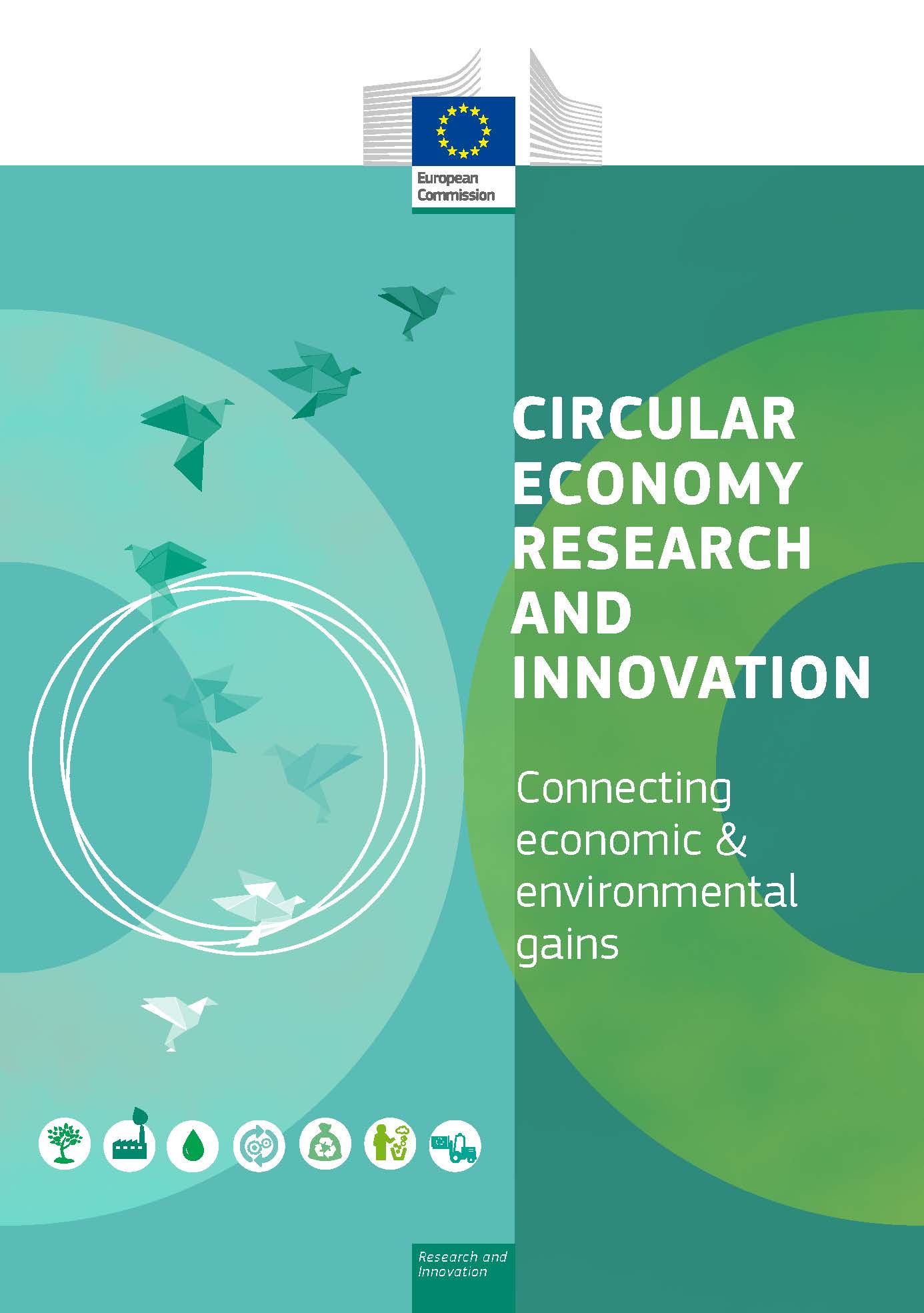- Rubrica
- Area riservata
- Esse3 Web
- Mappa
- A-Z
- Mobile
- Versione Desktop
- Grafica standard
- Alta leggibilitá
- Ateneo
- Organi di Ateneo
- Strutture dell'Ateneo
- Modello di Governance
- Amministrazione
- Associazioni e comitati
- Politiche e Strategie
- Statuto, regolamenti, normativa
- Bandi, concorsi e gare
- Delibere ed ordinanze
- Assicurazione qualità
- Sicurezza
- UNIVPM sostenibile
- Brand Identity
- Sponsorizzazioni
- DONA all'UnivPM
- Storia dell'Ateneo
- Didattica
- 5 passi per iscriverti a UNIVPM
- Corsi di laurea triennale
- Corsi di laurea magistrale
- Corsi di laurea a ciclo unico
- Master Universitari
- Scuole di specializzazione
- Corsi di Dottorato
- Corsi di Perfezionamento
- PA 110 e lode
- Contemporanea iscrizione
- Immatricolazioni, tasse, borse, lauree
- Bandi in scadenza
Focus Area - Circular Economy
Connecting economic and environmental gains – the Circular Economy
This focus area is consolidating relevant R&I initiatives to make a strong contribution to sustainable development goals, to climate action and to industrial competitiveness. The European Commission has adopted an ambitious Circular Economy package, with actions to stimulate Europe's transition towards this new model. It covers the whole cycle: production, consumption, waste management and secondary raw materials. This package recognises the key role of research and innovation and furnishes further links to EU policy on raw materials and initiatives on plastics, water and the interface between waste, products and chemical policies.
Expected impact
The contribution of this focus area is in renewing Europe's industrial capacities and boosting growth, in a world of resource constraints. This needs new technologies, new business models, and their uptake by industry and SMEs; linking different sectors and public bodies; developing integrated value chains; and better communication to engage society and consumers.
COMPONENTS OF THE FOCUS AREA
This focus area entails extensive integration between the Industrial Leadership and Societal Challenges of Horizon 2020. The R&I side of the approach is focusing on enabling technologies, including digitisation, combined with cross-sectorial efforts, systemic innovation and demonstrators targeting high technology readiness levels (up to TRL 7). This deploys a large array of instruments, covering the research to innovation cycle, including end-users, and addressing the supply and demand-side to help create markets.
- + - LEIT - Nanotechnologies, Advanced Materials, Advanced Manufacturing and Processing, and Biotechnology
-
The Sustainable Process Industries (SPIRE) initiative, addressing eight key European industrial sectors, is enabling a more efficient use of resources (raw materials, water etc.) and energy (including renewables); high-tech and eco-efficient production facilities and materials; and minimising and re-using waste, including CO2 (and other gaseous effluents). The priorities for the period 2018-2020 are in adaptable processes able to use different feedstock and alternative energy sources; recovery of industrial water and of the energy and substances it contains; innovation on plastic materials; making the most of mineral waste, by-products and recycled material; and new methods including digitisation for process optimisation.
Budget €370 million
- + - SC2 'Food security, sustainable agriculture and forestry, marine, maritime and inland water research, and the bioeconomy'
-
The activities help to increase efficiency and minimise losses and waste throughout primary production, the food chain and bio based industries. They include social innovation as a powerful driver for solutions. Life-cycle assessment, de-toxification and measurement tools can boost the secondary raw materials market.
These activities help to add value to terrestrial and aquatic biological resources and develop new avenues for putting in place the '3R principles' of Reducing, Reusing and Recycling. Residues from agriculture, aquaculture and fisheries, and other organic waste streams will be valorized as biowaste in bio-refineries aimed at the integrated production of food, bio-based products and energy.
Budget €253 million, including €100 million for access to risk finance
- + - SC3 'Secure, clean and efficient energy'
-
Societal Challenge 3 'Secure, clean and efficient energy' (SC3): reuse of carbon dioxide
Using captured CO2 and hydrogen made from renewable energy to produce fuels is not only a means to replace fossil fuels, but also a promising solution for seasonal energy storage. These activities are complemented by ongoing activities in SPIRE.
Budget €12 million
- + - SC5 'Climate action, environment, resource efficiency and raw materials'
-
The R&I activities are investigating new products, processes, services, and business models, to use raw materials and other resources more efficiently and effectively in production and consumption. Research is investigating the consequences of the transition to the circular economy, in order to identify potential risks, side-effects, environmental impact and regulatory challenges, as well as policies that can effectively support the transition and mitigate potential adverse effects. Demonstration actions focus on circular economy approaches in water management and in urban contexts. Digital solutions should play an important role as enablers of the circular economy.
Budget €306 million
- + - Other initiatives complementing the circular economy
-
Innovation deals
The Circular Economy Finance Support Platform
An inducement prize in frugal innovation
Open Innovation and innovative business models
International cooperation
Networking of projects and stakeholders
- CONTATTI:
-
Divisione Ricerca e Innovazione
Via Oberdan, 8 - 60122 Ancona
email: ricerca@univpm.it
tel.: +39 071 220 - 2246 - 2419 - 2355
fax: +39 071 220 2319




